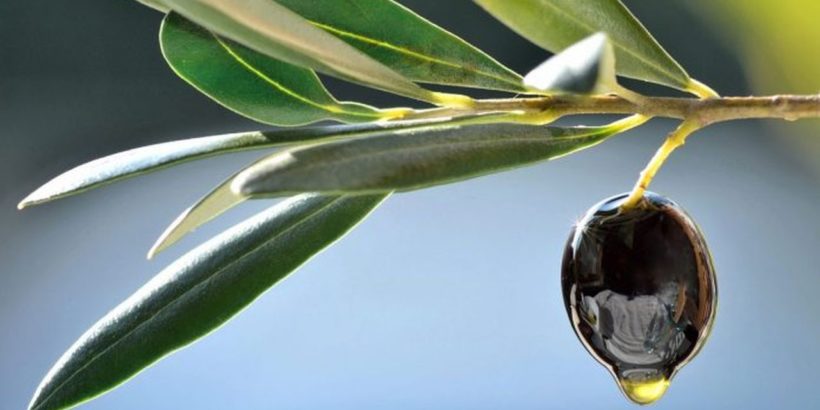Water jugs with filter cartridges that ensure clean water, i.e. water free of chlorine, lead, cadmium and other harmful substances are well known all around the world. From our own experience we can seriously confirm that filtered water actually tastes better – somehow “softer”. In addition, these water filters are so smart – they filter out pollutants and limescale but not important minerals such as calcium and magnesium which are naturally present in the water. Especially in areas with hard, i.e. very calcareous water filtered water protects all kinds of household and kitchen devices from calcification.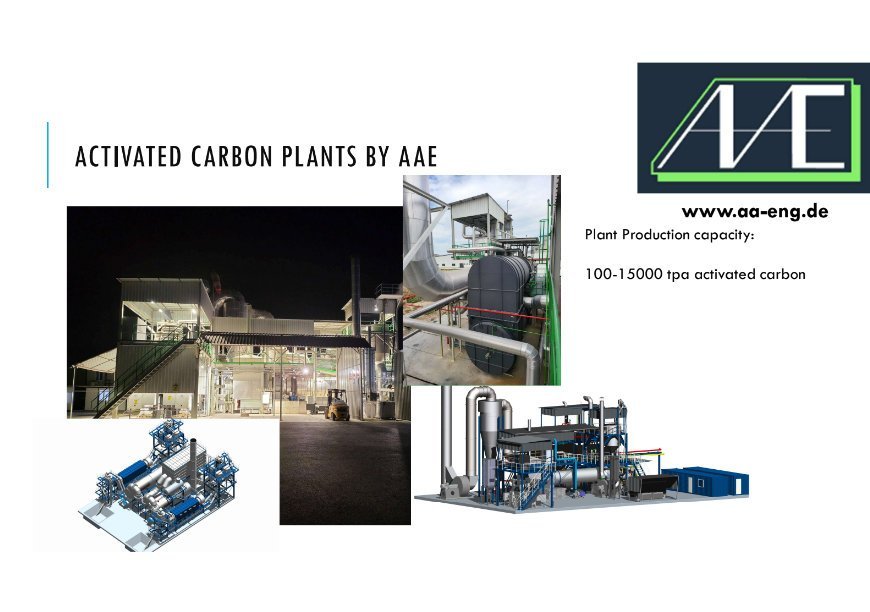
This is particularly well observable in the case of water kettles – especially those made of glass! Actually we used to decalcify them with citric acid or vinegar essence at least every 2-3 weeks but since we have been using filtered water they remain completely free of any deposits. –
These filter jugs are also practical if, for example, your flat is located on the 4th floor without elevator – you don’t have to carry 9 kg of water upstairs every few days (a „six pack“ of 1.5 liters each)…
What does a water filter consist of and how does it work?
These filters consist, for example, of coconut shells, activated carbon and an ion exchanger that purify the water and improve its taste. The activated carbon acts like a magnet that “holds back” chemical and/or organic contaminants.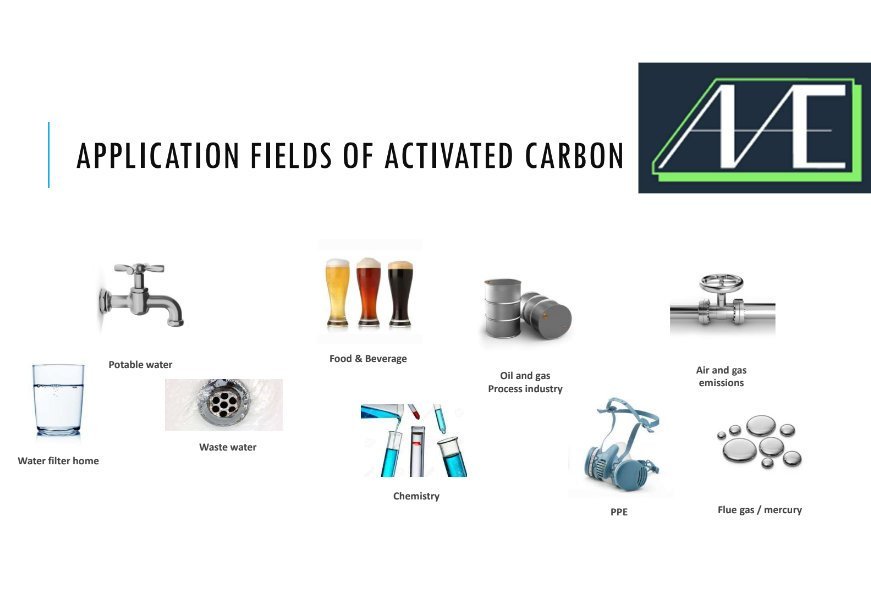
And what are ion exchangers?!?
Ion exchangers are materials with which dissolved ions (ions are electrically charged atoms or molecules that often form salts as chemical compounds) can be replaced by other ions of the same (positive or negative) charge: an ion exchange takes place.
If you now are extremely interested in this chemical transaction please read all about it in relevant literature – the author of this article opted out chemistry as a school subject early on…
Out of which materials can activated carbon filters be made?
All kinds of natural products or “waste” can be used to produce activated carbon filters: the Chinese, for example, buy Brazil nuts from Indonesia on a large scale in order to produce these filters. But residues from beer, wine and pomace production and – slowly but surely we come to the point: olive pits !!! – are perfect for this.
Lucky as we are a Greek architect from Germany recently approached us with an idea: a technician specialized in industrial water purification is a friend of his` and during a vivid conversation the two of them also came across the topic of “water supply in Crete”.
We probably all are aware of the fact that even in Crete drinking water is kind of contaminated in some areas and should therefore be filtered before consumption. The idea of these two is as simple as logical: polluted water – Crete – olives – olive pits – activated carbon filters made from olive pits!
Which raw material can be obtained more reliably on this island than olive stones? So the project “Production of activated carbon from Cretan olive pits” began to take shape.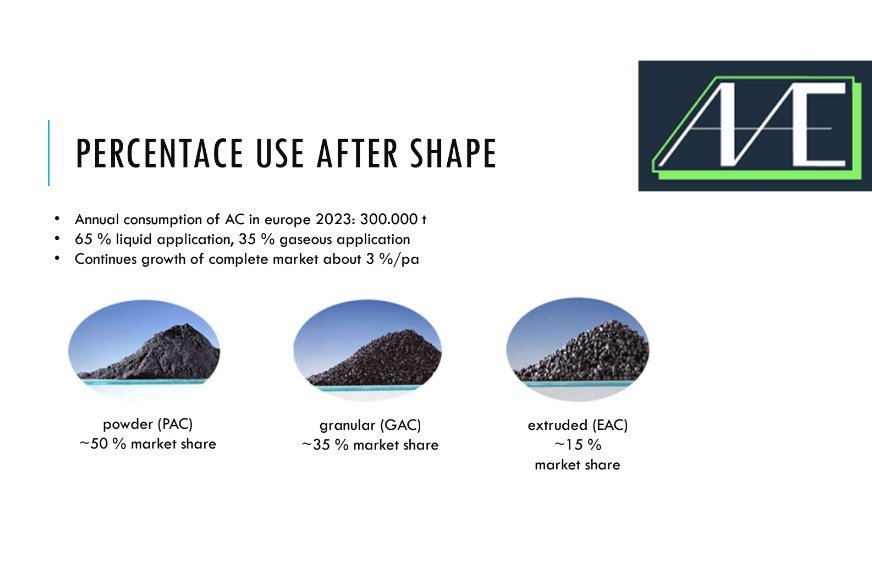
We did some research and came up with the following numbers:
- Europe needs and uses about 300,000 tons of activated carbon p.a.
- Just one production plant on Crete could produce up to 15,000 tons annually
- Every year roughly 10,000 tons of olive stones remain residues of olive oil production in Crete
- A production plant suitable for the production of 15,000 tons of activated carbon requires an area of about only 35 × 50 meters.
In Crete you can actually find established systems where active carbon filters are installed between tap and consumer – even some Cretan friends are already using them. These filters clean the water whilst running through the tap. Such a system is a little more expensive to purchase but those filters last longer than filter cartridges for water jugs. However, they need to be replaced at regular intervals.
With this information we, obviously, want to address our readers and followers (many of them consumers of Cretan tap water) but also those persons and producers who could and would like to become “raw material suppliers” for such filter production. That means olive oil factories, beer breweries, wineries and much more – there are no limits to your imagination.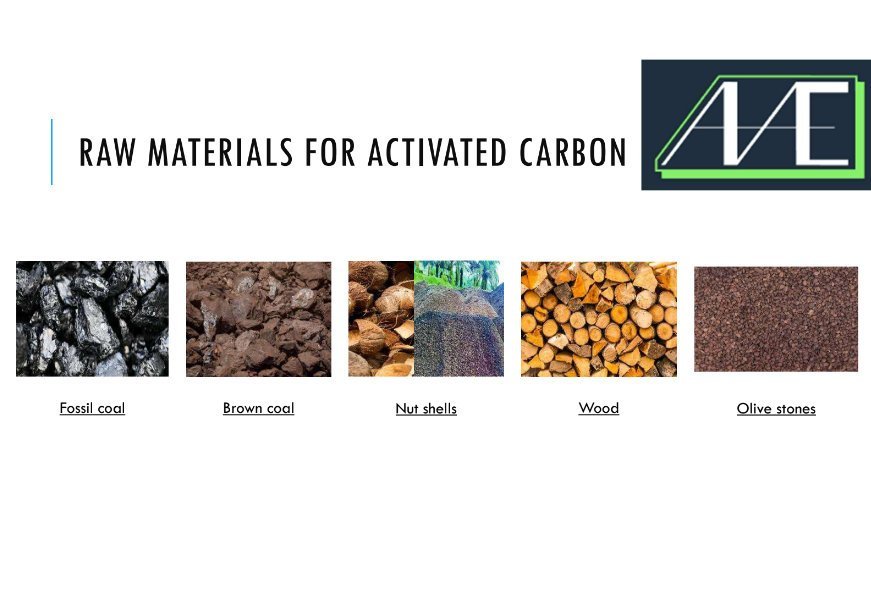
After all, ensuring high-quality drinking water from sustainable filter production is certainly in everyone’s best interest, isn’t it?
If you are interested in a possible co-operation please contact our environmentalist: Mitso@radio-kreta.de.
Radio Kreta – interesting information for responsible citizens.
Pictures: aa-eng.de.

